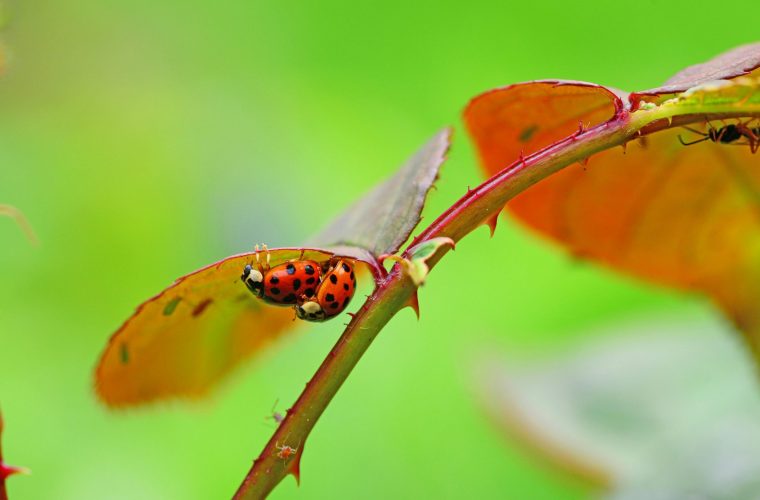Hey there, nature enthusiasts! Are you ready for an adventure? Get ready to grab your magnifying glasses, comfy clothes, and a sense of wonder because we’re going on a bug hunt!
Exploring the great outdoors is a fantastic way to spend time with your family. Bugs might seem creepy-crawly to some, but they’re a fascinating part of our world. On a bug hunt, you can become a nature detective, learning about different insects and their important role in the environment.
Here’s what you’ll need for your epic bug hunt:
- Magnifying Glass: Get up close and personal with all those tiny bug details – their wiggly legs, shiny wings, and maybe even spot some cool patterns!
- Bug Jar (with holes for air!): This is your bug hotel – a temporary home for your little insect friends while you observe them. Remember to release them back into their natural habitat after your adventure.
- Notebook and Pen: Become a junior scientist! Draw pictures or jot down notes about the different bugs you find.
- Tiny Tags (optional but super helpful!): Attach a Tiny Tag to your backpack or your child’s coat. Tiny Tags offer peace of mind for parents, knowing they can locate their little explorers if they wander a bit too far during their bug hunt.
Let the Bug Hunt Begin!
- Fantastic Forest Floors: Start your search under leaves, logs, and rocks. These are great hiding spots for all sorts of creepy crawlies like beetles, millipedes, and earthworms.
- Flower Power: Flowers are like bug buffets! Look closely at colorful petals and leaves – you might find butterflies, ladybugs, and even bees busy collecting pollen.
- Sunny Spots: Warm, sunny areas attract all sorts of interesting insects. Keep an eye out for grasshoppers basking in the sun or ants carrying leaves many times their size!
Bug Fun Activities:
- Bug Bingo: Create a bingo card with pictures (or even real leaves!) of different bugs. See who can find and check off the most bugs on their card.
- Bug Art: Back home, use your bug observations to create a masterpiece! Draw pictures, make collages, or even get creative with some playdough bug sculptures.
- Learn About Bug Buddies: Not all bugs are creepy! Some, like ladybugs, are actually helpful because they eat garden pests. Research different types of bugs and learn about their role in the ecosystem.
- Watch Butterflies grow: have a butterfly garden gifted to us which we use every year. We send off for our caterpillars which arrive by post and within a few weeks we release them into the garden. This is a lovely activity to do with children and a great gift idea if you are stuck on a present!
Exploring Nature with Tiny Tags:
Tiny Tags can be your secret weapon for a stress-free and fun outdoor adventure. Here’s how:
- Peace of Mind: With Tiny Tags attached, you can relax a little easier knowing you can locate your little explorer if they get a little too excited chasing a butterfly.
- Lost and Found Hero: Tiny Tags aren’t just for finding kids! They can also help locate misplaced treasures like a favourite toy or scooter left behind in the heat of the exploration.
So, what are you waiting for? Grab your Tiny Tags (optional but recommended!), lace up your shoes, and get ready to discover the fascinating world of bugs!
Remember, exploring nature is about having fun, learning something new, and respecting all living things, big or small!
The Wildlife Trusts:– This website offers a wealth of information about British wildlife, including a dedicated section on minibeasts (a common UK term for small invertebrates)
Buglife:– A UK charity dedicated to the conservation of all invertebrates. Their website has excellent resources for identifying bugs commonly found in the UK, as well as information about their importance in the ecosystem.
Field Studies Council:– This organization provides educational resources for all ages, including a section on minibeasts with identification guides and activity ideas.
RHS – Royal Horticultural Society:– While the RHS primarily focuses on plants, they also have a section on beneficial insects in the garden, which can be helpful for a UK bug hunt.
Butterfly Conservation:– This website focuses on butterflies, but it also provides information about other flying insects found in the UK.







